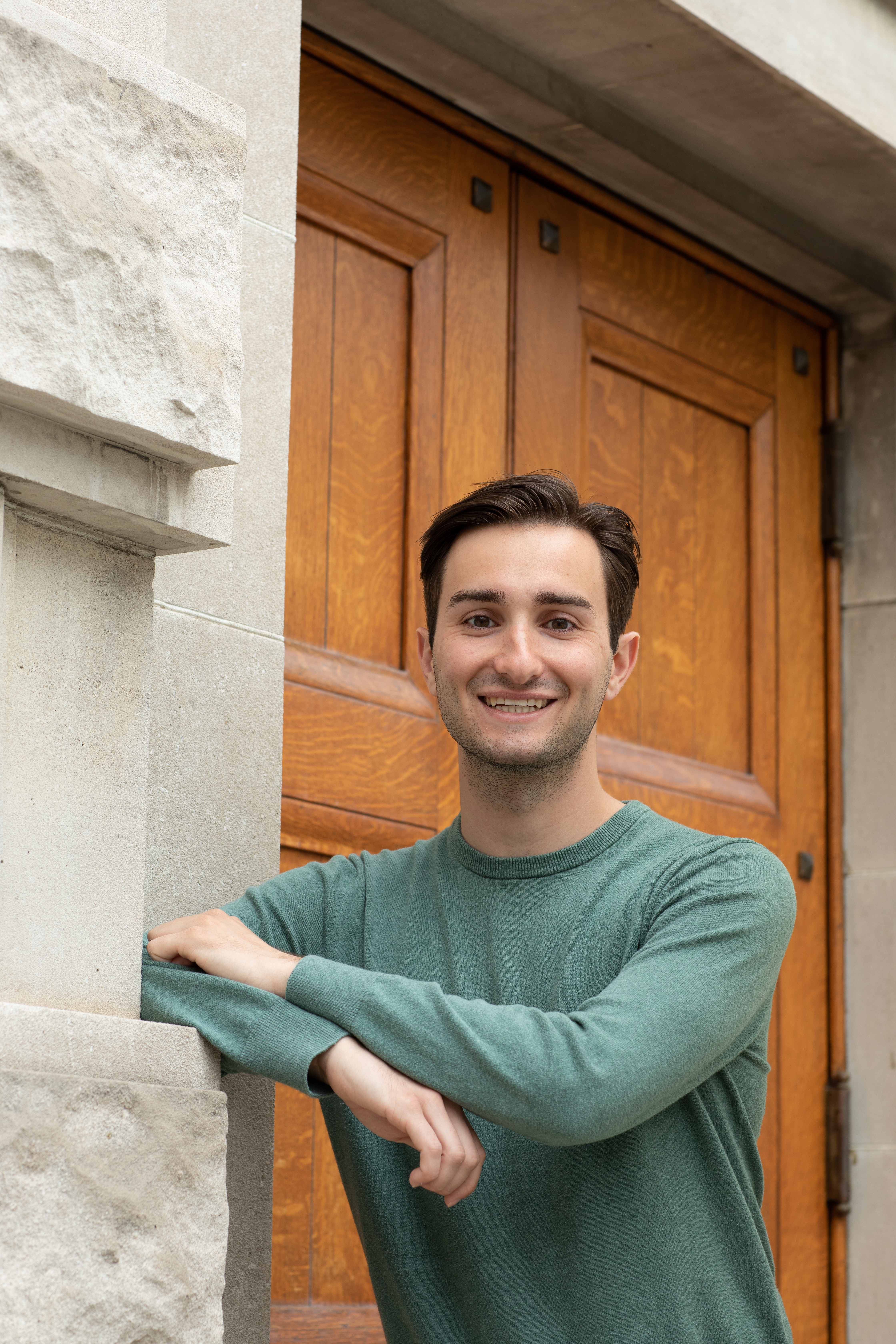Taylor Whitsell (Government, Secondary in European History, Politics and Societies, 2022) received a Senior Thesis Grant in 2020 and a Summer Internship Grant from the Minda de Gunzburg Center for European Studies (CES) in 2021 to conduct a virtual internship at the Post-Conflict Research Center (PCRC) in Bosnia and Herzegovina.
“We are having conversations we’ve never had before, and by uniting against grand corruption we are opening up the ability to build a better society moving forward.”

work more on those issues and that just wasn't going to be available to me back home in Kentucky. So, I ended up applying to Harvard.”
Whitsell is eager to leave Harvard and enter the fight again misinformation and ignorance that can easily drive people to apathy or worse, violence. After graduation, he begins work at Integrity Initiatives International (III), an NGO in Boston, which works transnationally in the fight against corruption. For as Whitsell described, when you “investigate the catalyst for the events in Bosnia and Herzegovina and other areas of gross human rights violations, it becomes clear that corruption is usually at the heart.”
In the end, his belief in change and the strength of individuals within a community to provide even imperfect solutions means that, despite current obstacles, Whitsell remains optimistic about the future.